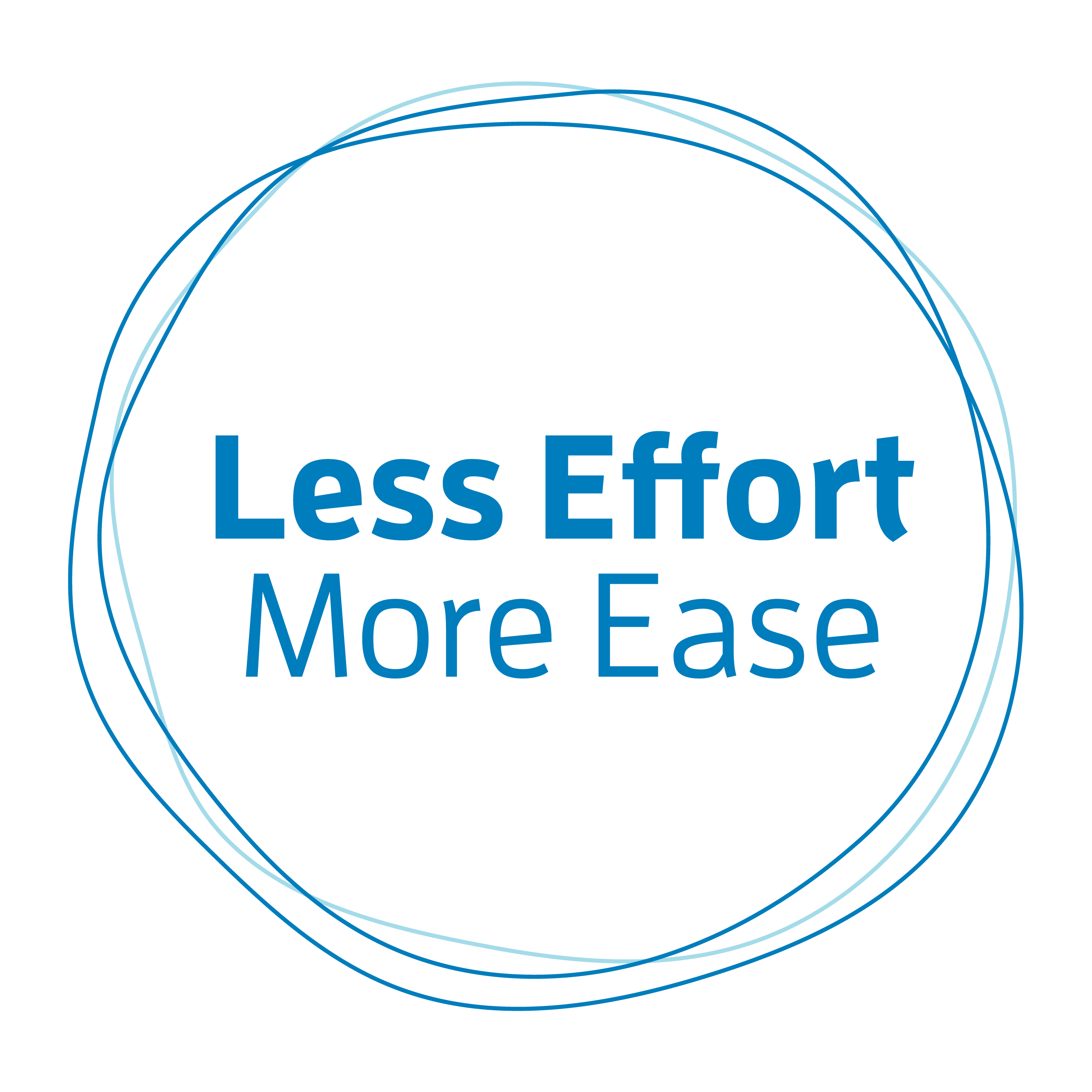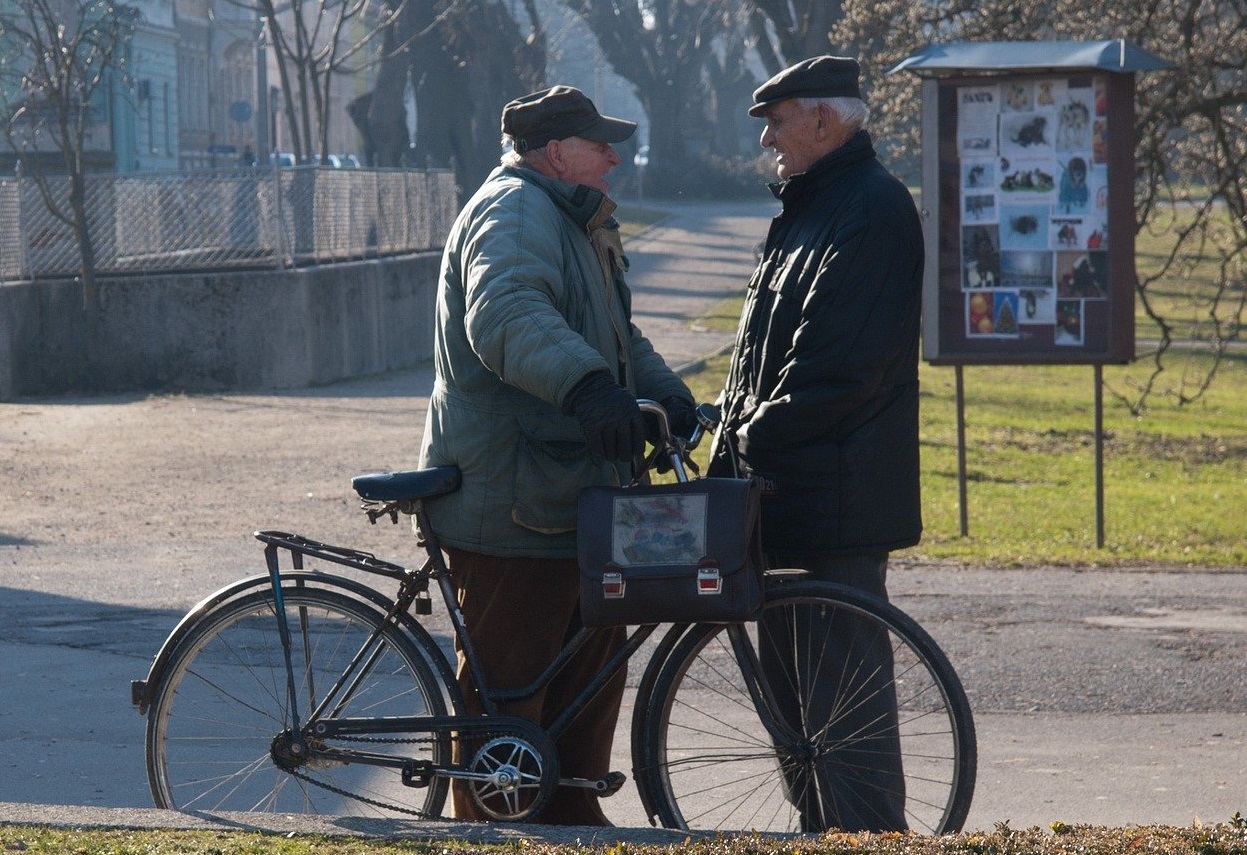As I write this it’s St. Patrick’s Day 2020. The coronavirus response has swung into full gear. For the past two weeks, you’ve heard over and over what to do.
- Stay home if you’re sick
- Sneeze into your elbow
- Wash your hands, often and properly (for at least 20 seconds)
- Don’t touch your face
- Practice social distancing of 6 feet
All these things have to do with changing your behavior—your habits.
The first two items in the list above may already be a habit for you. Or are they? Is your habitual response to feeling a bit ill to automatically stay home and rest up? Or do you convince yourself that you can’t miss a day and tough it out?
When you’re about to sneeze, do you habitually cover your face? Or do you go for your elbow? I personally tend to aim more for my armpit. But I think the point is just to cover your sneeze period.
What about handwashing? You and I have known what to do since we were young. But be honest, under normal circumstances do you diligently wash your hands like you’re doing now?
How about touching your face? Are you realizing in the past few weeks how often you touch your face? Was it even on your radar two weeks ago?
What about the social distancing rule (want to bet that this is the Oxford Word of Year for 2020?) of 6 feet? You know it’s the right thing to do, but how does it feel? If it feels odd, you’re not alone.
***
As we’ve collectively started this new behavior of social distancing, some interesting feelings have surfaced for me. I first noticed the early adopters avoiding getting close to me, making large arcs around me—and my initial reaction was how rude! Now as I’m also practicing the 6-foot rule—even though I intellectually know I’m doing something for the common good—it still feels wrong somehow. I feel unfriendly. But why?
Every culture has its personal space norms. If you’ve traveled abroad you’ve probably experienced this. Serious studies have been carried out on the subject. A matter of a few inches closer or further apart than you’re used to will register as “wrong” and you’ll either label it as “rude” “unfriendly” or “uncomfortable”. Your personal space norm is just a habit of how close you typically stand to another person—and it can vary depending on how well you know the person, as well as other factors.
If you’re a fan of Seinfeld you’ll remember the episode about Elaine’s boyfriend, the “close talker”:
If you’ve experienced something like what I’ve just described, it’s normal. And it just has to do with one pesky aspect of habits. Something that when you study the Alexander Technique you meet head-on.
But first, a little experiment.
While you’re sitting there, without thinking, just cross your arms in front of your body.
Notice how that feels to you.
Look down and see which arm is on top. Switch your arms so you’re still crossing your arms but the other one is on top.
Notice how that feels to you.
The first way usually feels normal or familiar or right.
The second way often feels a bit odd, unfamiliar, or sometimes downright wrong.
The first way you cross your arms without thinking is your habit. The second way—which often takes some thought and maneuvering—isn’t your habit.
One of the interesting things about habits—whatever they are—is they tend to feel normal and right. You may even describe them as feeling comfortable in that they’re familiar—even if they’re not serving you well.
When you do something you normally do but do it a little bit differently it very often registers as odd, wrong, or uncomfortable.
Don’t worry. There isn’t anything wrong with you. You’re human.
But it’s something to keep in mind when you want to change a habit. Your brain will try to steer you back to what you always do, even if it’s not what you want.
Just knowing this puts you one step closer to having more choice over your habits.
Image by Zoran Stupar from Pixabay




